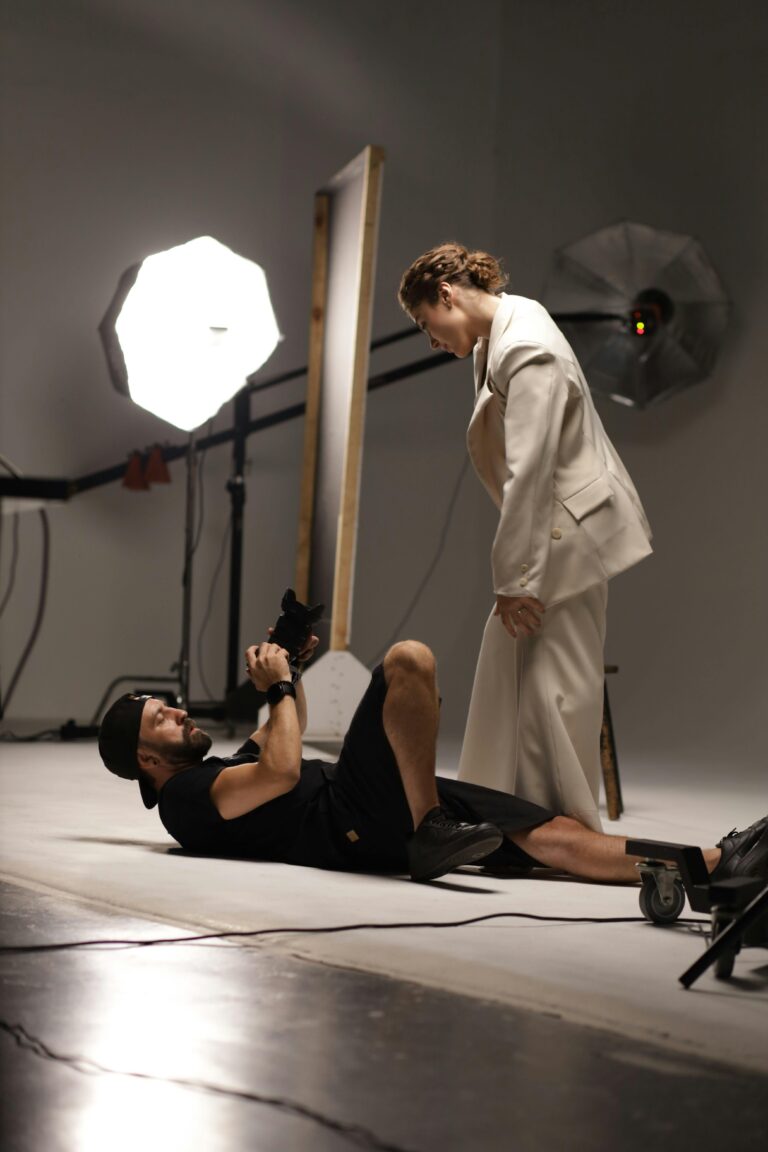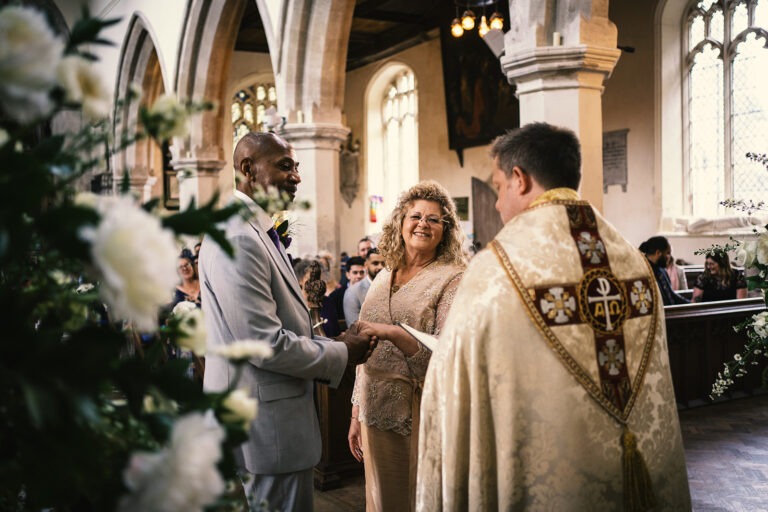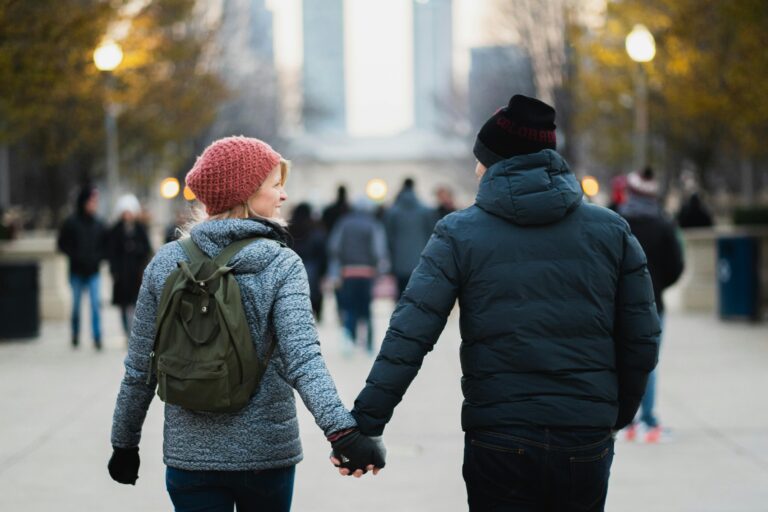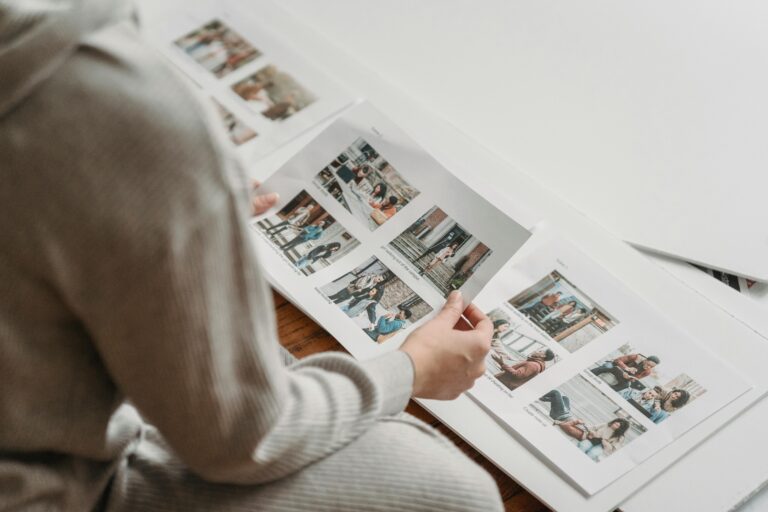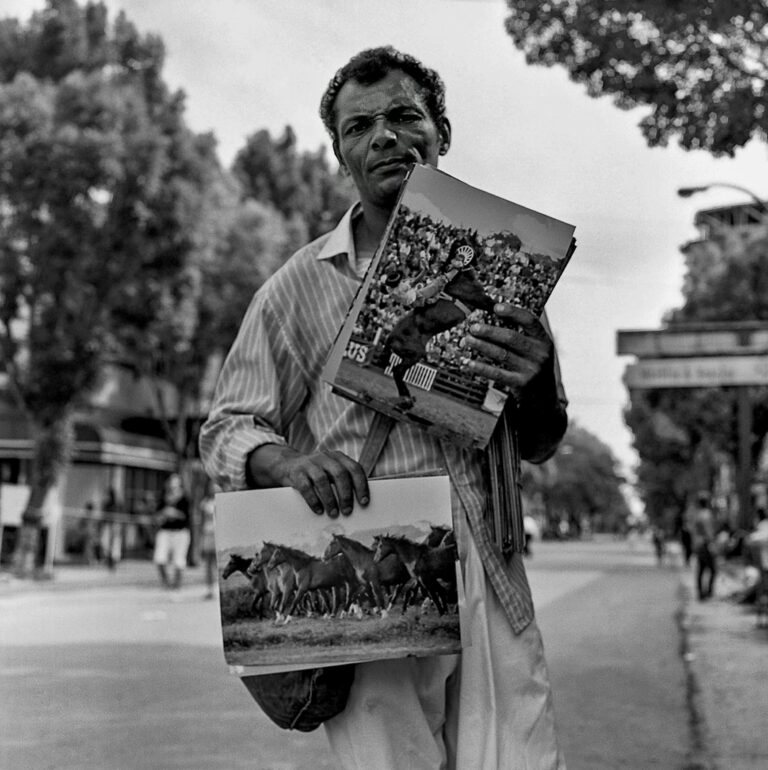Planning a wedding is one of the most exciting (and sometimes overwhelming) experiences a couple can go through. One of the biggest decisions they face is whether to take the DIY route or hire professionals for various aspects of their big day. With the rise of social media tutorials, Pinterest boards, and online marketplaces, DIY weddings have become increasingly popular. However, professional services still hold strong appeal, offering experience, reliability, and a stress-free approach. So, what’s the better choice?
For some couples, rolling up their sleeves and creating handmade decor, custom invitations, or even baking their own cake adds a personal touch and helps stretch the budget. Others prefer to let seasoned professionals handle everything from photography to floral arrangements, ensuring top-tier results and less stress on the day. This article will explore the benefits and challenges of both approaches and help couples determine which route is best for their wedding vision.
The Pros and Cons of DIY Weddings
Taking the DIY approach to a wedding can be a fulfilling and budget-friendly choice, but it’s not without its challenges. The biggest advantage is cost savings—by making their own decorations, favours, or even handling the catering, couples can significantly cut down expenses. DIY also allows for complete creative freedom, ensuring that every element of the wedding reflects the couple’s personality and style.
However, DIY can also be incredibly time-consuming. Many projects that seem simple can take far longer than anticipated, and with so many moving parts involved in wedding planning, time can become a scarce resource. Additionally, the stress factor is significant—coordinating vendors, setting up decorations, and managing last-minute details can be overwhelming, particularly for those without event planning experience. Some couples also find that hidden costs—such as purchasing craft supplies, renting equipment, or fixing DIY mistakes—can add up quickly, making the DIY approach less cost-effective than initially planned.
The Benefits of Hiring Professionals
For many couples, the idea of handing over responsibilities to experienced professionals is a no-brainer. The biggest advantage is the expertise and efficiency that professionals bring. Wedding planners, photographers, caterers, and florists have years of experience in their fields and can ensure everything runs smoothly. A professional photographer, for example, knows how to capture the best lighting and angles, while a florist can create arrangements that stay fresh throughout the day.
Another key benefit is reduced stress. Wedding professionals handle logistics, allowing couples to focus on enjoying their big day rather than worrying about setup, timelines, and troubleshooting unexpected issues. Professional services also deliver reliable results—when hiring a professional baker, the wedding cake is more likely to turn out exactly as envisioned, whereas DIY attempts may fall short of expectations.
Finding the Right Balance
Rather than choosing between an entirely DIY or fully professional wedding, many couples opt for a hybrid approach. This means handling some aspects themselves while outsourcing key elements to professionals. For example, couples may choose to create their own wedding favours and invitations while hiring a caterer and photographer. This approach allows them to personalize their wedding while ensuring that critical aspects—like food and photography—are left in expert hands.
When deciding which elements to DIY and which to outsource, couples should prioritize what matters most. If professional-quality photos are a top priority, hiring an experienced photographer may be worth the investment. If they love crafting and want a personal touch in the decor, DIYing centrepieces or signage can add sentimental value without major risks.
Conclusion
At the end of the day, the choice between DIY and hiring professionals depends on a couple’s budget, time, and comfort level with taking on responsibilities. Many couples find that a combination of both approaches works best—DIYing small personal touches while leaving key tasks to experts. Whether choosing a fully DIY approach, relying on professionals, or finding a balance in between, what matters most is that the wedding reflects the couple’s love and personality.
SEO Keywords
- DIY wedding vs professional services
- Should I DIY my wedding?
- Hiring a wedding planner vs DIY
- DIY wedding pros and cons
- Wedding planning DIY tips
- Best wedding tasks to DIY
- When to hire a wedding professional
- DIY wedding mistakes to avoid
- Cost of DIY vs professional wedding services
- How to plan a wedding on a budget
